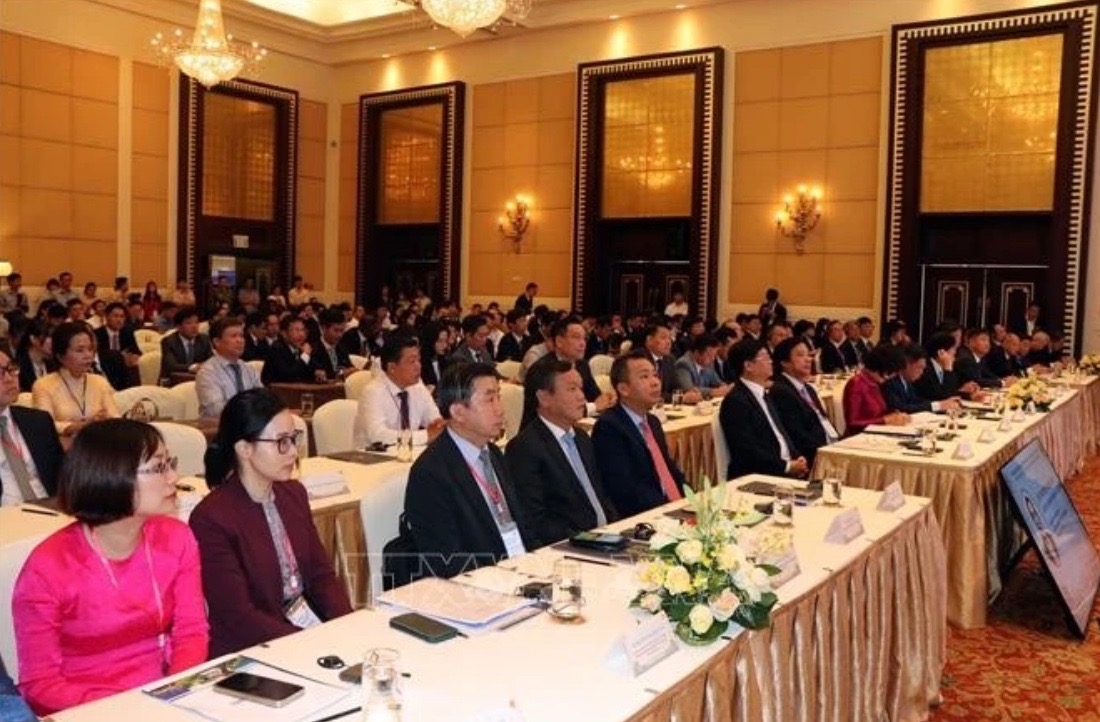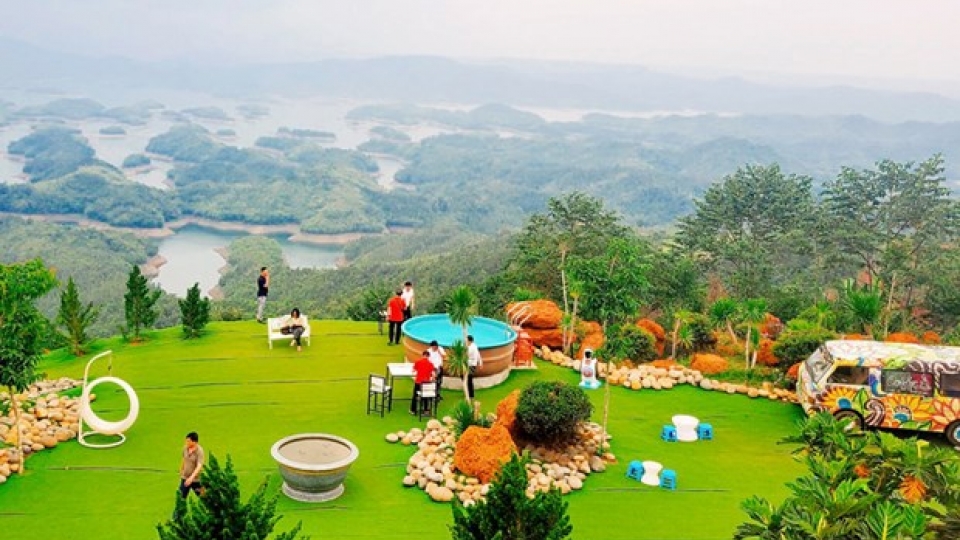Hue congress forges new path for sustainable tourism, smart urban development
Development of green and sustainable tourism as well as smart urban areas were the focus of the 14th East Asia Local and Regional Government Congress organised in the central city of Hue on June 6.

The event drew the participation of 30 delegations from China, Japan, Malaysia, the Republic of Korea and Vietnam.
In his opening speech, Chairman of the Hue city People’s Committee Nguyen Van Phuong described the event as a space for local governments to engage in open discussions on common issues of regional and global concern. He highlighted the significance of policy exchanges and collaborative problem-solving to tackle pressing issues.
The sustainability discussion yielded innovative insights, with Vietnamese representatives presenting plans to develop health tourism chains in Hue city. Meanwhile, Japan delegates shared their experience in sustainable tourism development by capitalising on existing natural values in Nara prefecture. In contrast, Yamanashi prefecture highlighted creative approaches to combat overtourism at Mount Fuji. Representatives from China’s Shaanxi province detailed how they leveraged “cultural museum fever” to create new tourism pathways that inspire other localities.
Many presentations spotlighted policy recommendations to minimise the environmental impact of the tourism industry towards achieving net-zero target. The congress also featured exchanges on technological solutions and management strategies across smart transport system, smart health care, smart education, urban management through surveillance cameras, and many more.
Director of the department of external relations and cultural diplomacy under the Ministry of Foreign Affairs Le Thi Hong Van laid stress on the significant role of cooperation at local level, describing it as an inseparable part of the extensive and comprehensive international integration and a motive for sustainable development.
She noted that Vietnam’s local governments play an active, dynamic, and creative role in international integration, driving the progress across various sectors, from trade and investment to education, culture, digital transformation, and tourism.
The congress, first held in Nara prefecture in 2010, has attracted local authorities from across the region with multiple cooperation models like cross-border partnerships in infrastructure, logistics, technology, education, culture, heritage conservation, and people-to-people exchanges, creating tangible benefits for citizens, businesses, and communities alike.



